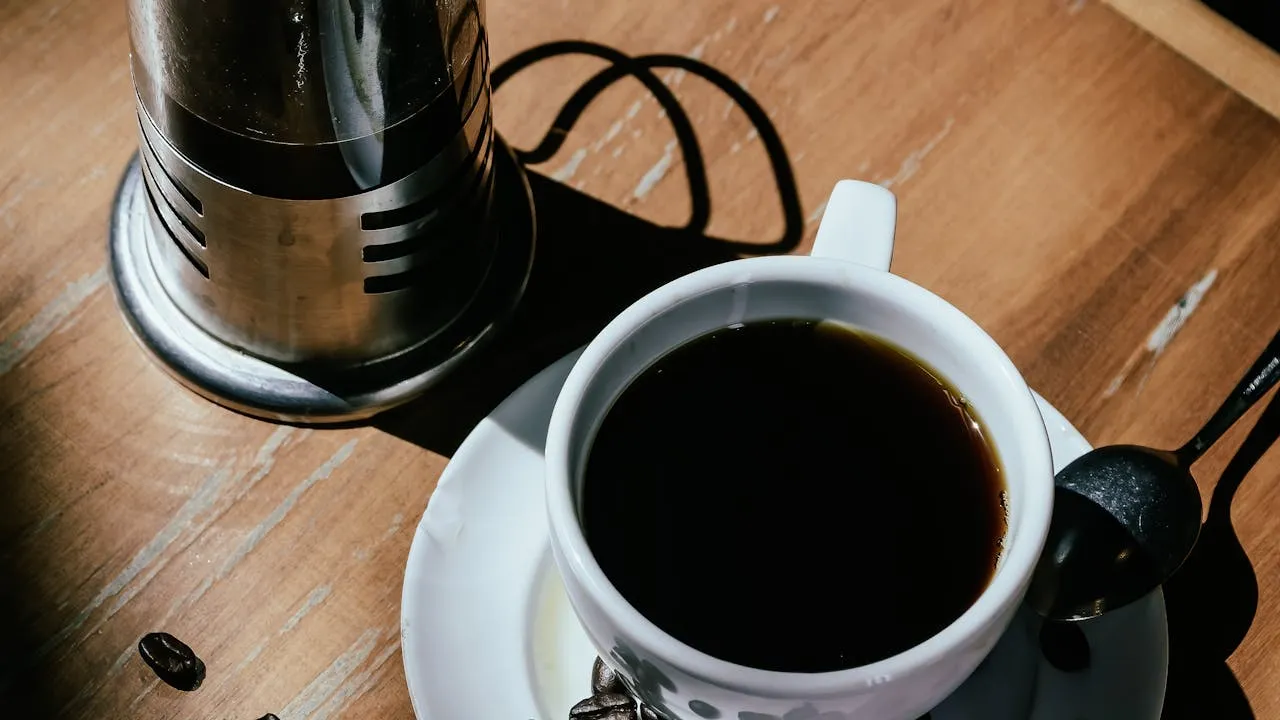Caffeine is a common part of many people’s lives, often used as a boost in the morning or throughout the day. But have you ever considered what would happen if you stopped using caffeine? The effects of stopping caffeine can significantly change your body, whether you cut back or stop altogether. You might first experience withdrawal symptoms like headaches, fatigue, and irritability when you stop drinking caffeine. As your body adjusts to functioning without the stimulant, you may experience these effects frequently. The journey, however, does not end there. You might see a few positive changes as you move past the underlying uneasiness.
Some Effects of Stopping Caffeine
Check Out 6 Gluten-Free Diet Benefits

Further developed rest quality, decreased tension, and a more steady mindset are only a few of the advantages many individuals experience after stopping caffeine. Eliminating caffeine can also reduce the risk of specific health issues and lead to more consistent energy levels throughout the day. Understanding the effects of stopping caffeine can help you appreciate the long-term advantages and make quitting caffeine easier. The advantages of leading a caffeine-free life frequently make the initial effort well worth it despite the difficulty of the phase.
1. Stop Consumption of Caffeine Symptoms
Your body may experience withdrawal symptoms and the effects of stopping caffeine. Headaches, fatigue, and irritability are all common symptoms. These happen because your body has become familiar with the animating impacts of caffeine, and it requires investment to acclimate to working without it. The abrupt change in blood flow to the brain is frequently the cause of headaches, fatigue, and irritability, which are symptoms of your body not receiving its usual energy boost.
2. Stabler Energy Levels
One of the most apparent effects of stopping caffeine is maintaining a stable energy level. You will likely have more consistent energy throughout the day than the spikes and crashes frequently accompanying caffeine consumption. This can assist with working on your general efficiency and lessen the requirement for evening rests or extra caffeine help.

3. Reduction In Anxiety
Reduced anxiety is another notable effect of stopping caffeine use. Caffeine can increase stress levels by stimulating adrenaline production, the hormone that causes the “fight or flight” response. Anxiety and nervousness can result from this. Getting rid of caffeine can help you feel calmer and more in control of your emotions.
4. Quality Sleep
Better sleep quality is one of the significant effects of stopping caffeine. Caffeine is an energizer that can disturb your rest patterns. If you stop drinking caffeine, you might have a deeper, more restful sleep and fall asleep faster. Without caffeine, your body can intently follow its normal rest-wake cycle, prompting an inclination to be more invigorated and alert during the day.

5. Improve Digestion System
Caffeine can irritate your digestive system, leading to problems like heartburn or acid reflux. It influences defecations, some of the time prompting loose bowels or stoppage. You might notice a significant improvement in your digestive health if you eliminate caffeine from your diet. You might experience fewer of these discomforts and a more consistent digestive process.
6. Regulation in Blood Pressure
Caffeine can make brief spikes in your circulatory strain due to its animating consequences for the heart. One of the effects of stopping caffeine is that it can help keep blood pressure levels stable over time, which is good for your heart and can lower your risk of heart problems.

How to Stop Consumption of Caffeine
To avoid experiencing withdrawal symptoms, it is best to stop consumption of caffeine gradually. Begin by leisurely decreasing how much caffeine you consume every day. For instance, if you consume three cups of coffee daily, cut back to two cups a week, one cup the following week, and finally none. Supplant energized refreshments with homegrown teas, decaf espresso, or water. Hydration is essential because it can help alleviate withdrawal symptoms, such as fatigue and headaches. Also, try to get sufficient rest and integrate actual work into your everyday practice to help your energy levels normally. You can successfully and comfortably stop caffeine by gradually cutting back and making healthier choices.

A trip that has the potential to enhance your overall health and well-being significantly is quitting caffeine. As you change away from caffeine, you’ll probably encounter an underlying time of change. The process can go more smoothly by gradually reducing your intake, finding alternatives that satisfy you, staying hydrated, and prioritising sleep and exercise. You will experience less anxiety, more consistent levels of energy, and better quality sleep over time. You can regain control over your natural rhythms and reduce your dependence on stimulants by adopting a caffeine-free lifestyle. Remember that the difficulties you face during this transition are only temporary and that the benefits you receive for your mind and body will last a lifetime.
To get more of our exclusive content on Health Care and Lifestyle. Follow us on YouTube and Instagram.





